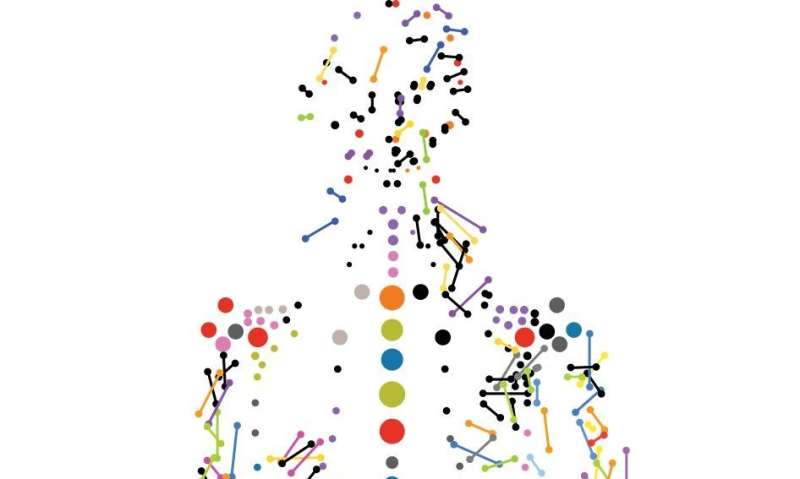Researchers call for diversity in the next generation of personalized medicine

In a perspective published today in the journal Cell, researchers from the Icahn School of Medicine at Mount Sinai reveal that genomic data extracted from population biobanks across the globe contain much less ethnic diversity than desirable. Of the nearly 5 million samples of DNA contributed to biobanks worldwide, 68 percent come from individuals of European ancestry. This lack of diversity not only limits researchers' ability to identify associations between genetic variants and disease, but may also contribute to widening ethnic disparities in health care, ultimately preventing underrepresented minorities from benefiting from the fruits of personalized medicine.
Personalized medicine describes the emerging medical model in which clinicians use genomics and other advanced tools to determine the best strategy to care for each individual patient. This model stands in stark contrast to traditional medicine, which historically employs a one-size-fits-all approach, often offering the same treatment to every patient. Sequencing of the first human genome, completed in 2003, and the nationwide adoption of electronic health records (EHRs) starting in 2004, set the stage for personalized medicine, as the integration of genomic and clinical data aided clinicians in the prediction, prevention, and treatment of disease. Today, more than 95 percent of U.S. hospitals employ EHR technology and millions of human DNA samples have been sequenced.
But even as the biomedical field advances, one prominent obstacle remains: a lack of diversity. A Mount Sinai-led global investigation of data from biobanks, which store biological samples often used in medical research, revealed that out of the millions of participants enrolled in biobanks across the globe, nearly two-thirds are of European ancestry, a group that makes up only about a quarter or less of the world's population. The underrepresentation of people with roots in Africa, Asia, and the Americas is a major pitfall for personalized medicine: diseases more commonly found in minority populations are understudied, as are diseases that strike all populations but have different progression and prognosis depending on ethnicity, such as chronic kidney disease. Thus, the diversity gap in biobanks may hinder our understanding of disease in some population groups, contributing to global health disparities, such as the significantly poorer health outcomes in blacks as compared to whites.
Mount Sinai stands at the forefront of the effort to curtail narrow genetic sampling with the creation of its BioMe Biobank, one of the first biobanks in the United States to link DNA sequencing data to clinical information within EHRs. With more than 65 percent nonwhite participants, representative of population diversity in New York City, it is also one of the most diverse biobanks in the world. By targeting underrepresented populations, researchers at Mount Sinai were able to discover that a recessive genetic disease, Steel syndrome, is most commonly found in populations of Puerto Rican descent. This demonstrates that the next generation of personalized medicine will undoubtedly benefit from ethnic diversity in genomic sampling and research, which will help identify at-risk populations, improving population health on a global scale.
"To propel personalized medicine of today into better medicine tomorrow, the embodiment of diversity at all levels of biomedical research is essential," said Eimear Kenny, Ph.D., Associate Professor of Medicine and Genetics at the Icahn School of Medicine at Mount Sinai, Director of the Center for Genomic Health, and senior author of the publication. "The use of genomic data in clinical settings is fairly new, and there is much more to learn when it comes to the clinical interpretation of genomic data. Even so, the expansion of EHR-linked biobanks coupled with an industry-wide focus on increasing sample diversity could mean a brighter future for individualized care."


















